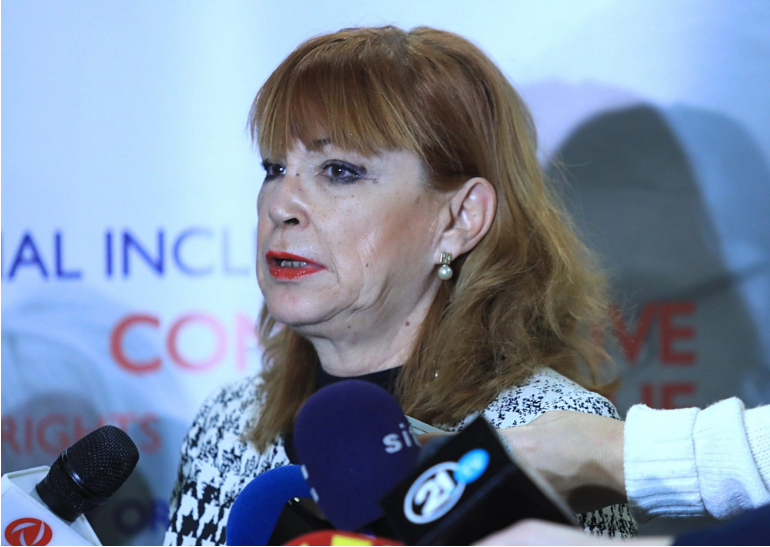Prosecutor Vilma Ruskoska, publicly called out for her closeness with the ruling SDSM party, asked that the cache of wiretaps which SDSM was spreading in 2015 is given to her so she can continue the politically motivated criminal charges currently managed by the Special Prosecutor’s Office. The Supreme Court ordered on Wednesday that the SPO must stop working on the cases it initiated after mid 2017, given that the law on the founding of this office clearly gave it only a year and a half to prepare its cases.
Ruskoska, whose office would not have such constraints, asked that the tapes, which originated from intelligence officers affiliated with SDSM, are given to her and that even though they were recorded without warrant, they should be used as evidence in court.
The tapes were proposed as evidence by the SPO, the court of the first instance decided that they are inadmissible, but then the Appeals Court approved their use as evidence. There is no reason why this latest decision would not be valid in the future, Ruskoska said at the hearing against the remaining defendants in the April 2017 Parliament incident case – those who were not amnestied or refused the offer of amnesty.
She demanded sentences of 10 years in prison against the remaining political prisoners, including opera singer Igor Durlovski who is among those who refused the offer to be amnestied. Durlovski was one of the organizers of the protest which turned unruly when the SDSM and DUI parties organized an irregular vote to elect a new Speaker, and provoked the protesters.
Igor Durlovski has the right not to claim amnesty. It is very brave of him to gamble with his future, but he gambled with the fate of the people, Ruskoska said in her closing arguments.
Ruskoska was part of the so-called Colored Revolution protests organized by SDSM and leftist NGO groups, which lead to the overthrow of the VMRO-DPMNE Government. Her political activism and the suspicious way in which she was tapped to work on a number of high profile political cases, are constantly being raised by the opposition as evidence of abuse of the judiciary by the ruling party.






Comments are closed for this post.